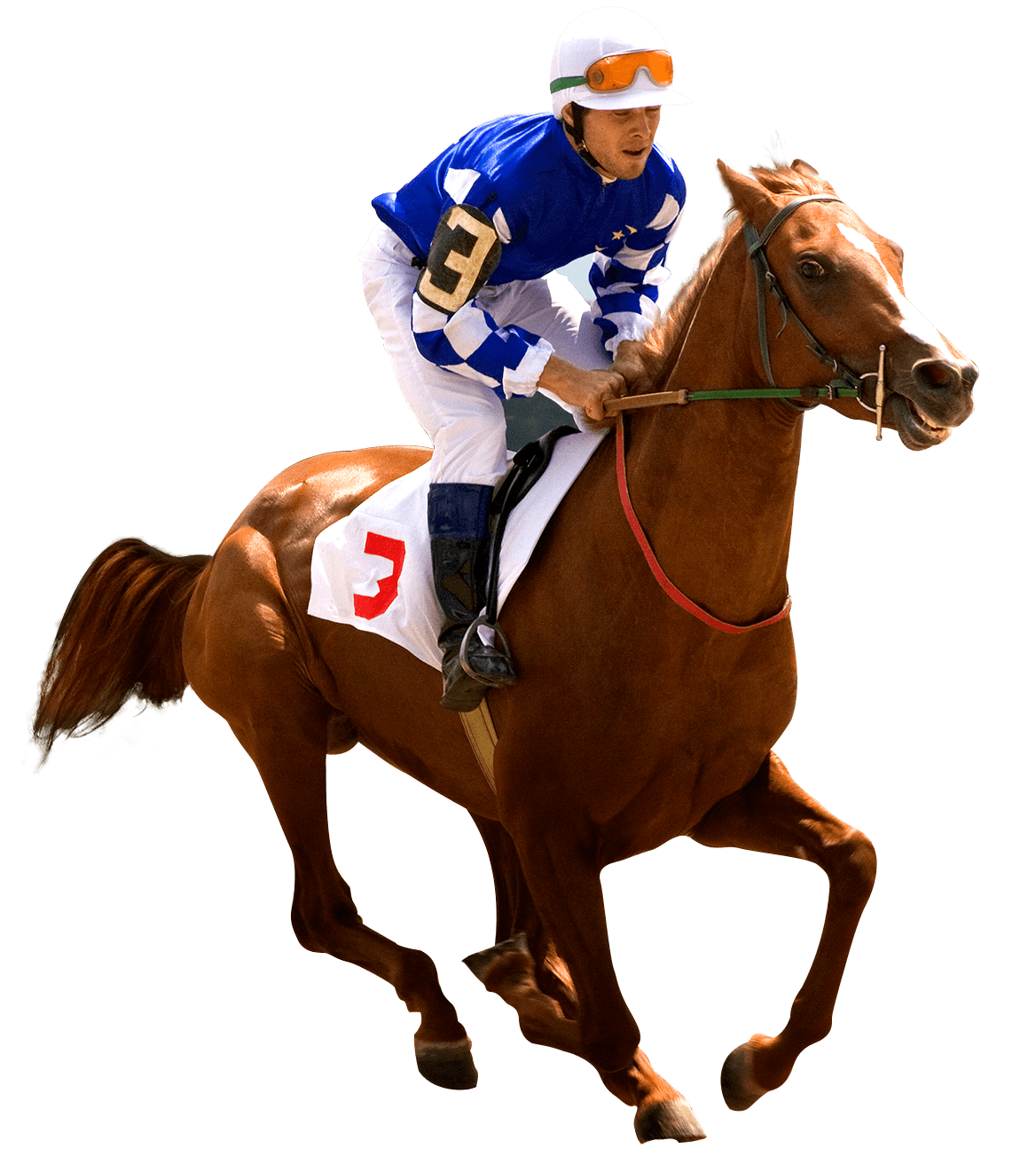The Cambridgeshire Handicap is a British flat race held annually in late September to early October at Newmarket Racecourse. The Cambridgeshire Handicap is open to thoroughbred horses aged three and older who compete for a total purse of £160,000. The Cambridgeshire Meeting forms the Autumn Double in combination with the Cesarewitch Handicap, which is held two weeks after the Cambridgeshire, also at Newmarket. These two races were introduced to the racing scene in the same year -1839. They were quickly combined into the prestigious mini-cup which is now the Autumn Double.
Top-milers race on the straight Rowley Mile Course at Newmarket Racecourse over a distance of a mile and a furlong. This Group 1 event is open to qualifying thoroughbreds that are at least three years of age. The field is often quite large with 30 or more participating each year. The weight requirement is at the discretion of the handicapper and is based on the talent of each thoroughbred.
location: Newmarket Racecourse
grade: Group 1
race type: Flat race
The Cambridgeshire was established in 1839 as one of two autumnal handicaps - the Cesarewitchbeing the other. Local gentry contributed £100 in prize money to start up the Cambridgeshire Handicap. Initially, it was run on part of the round training course at Newmarket. However, it was transferred to the Flat in 1888.
After the war years, prize money for this event, and other Newmarket events increased substantially attracting top-competitors from around the world. Today, the purse amounts to a respectable £160,000 with £99,600 going to the winner. The competition is always fierce with an element of "anything can happen" due to its large field size.
Due to its unpredictability, mainly due to its field size, setting a record in the Cambridgeshire Handicap is an esteemed and rare accomplishment (as of 2017) .
In almost 200 years of Cambridgeshire Handicap history, only a handful of thoroughbreds have managed to win the event more than once. Hackler's Pride (1903, 1904), Christmas Daisy (1909, 1910), Sterope (1948, 1949), Prince De Galles (1969, 1970), Baronet (1978, 1980), Rambo's Hall (1989, 1992), and Bronze Angel (2012, 2014) have all helped write Cambridgeshire history.
The title of "most successful Cambridgeshire Handicap jockey" is currently divided between two talented riders. Nat Flatman and George Fordham both rode four winners at the event between 1841 and 1854 and 1853 to 1871 respectively. The fact that these records have survived for over 150 years is testament to the high standard of racing and the great level of difficulty at the Cambridgeshire Handicap.
The title for most successful trainer is also a tie. William Day won on four occasions between 1855 and 1881. Jeremy Glover also won four times between 1987 and 1996.
The fastest recorded time (1m: 40.40sec) since 1990 was set by 7/1 favourite Risen Moon.
Only three thoroughbreds have won the 'Autumn Double' at Newmarket since both the Cambridgeshire handicap and Cesarewitch were founded together in 1839. These include: Roseberry (1876), Foxhall (1881), and Plaisanterie (1885).
The Cambridgeshire is a prestigious event that provides the additional thrill of knowing that anything might happen. Below are a few of the best moments in its history (as of 2017) .

La Fleche (1892) and Halling (1994) are notable for being strong favourites that managed to win despite the rarity of such an outcome in the race's history. The latter horses, Spanish Don (2004) and Pullover (1932), are mentioned for the opposite reason, as they are the only no-hopers to win.
A notable moment in the history of the race was when Fillies' Triple Crown winner, La Fleche, also won the Cambridgeshire Handicap that same year. She had a very strong career as a two and three year old winning 12 of 13 starts including the aforementioned races and losing only in the Epsom Derby.
Halling won the 1994 race as part of a successful career with five additional Group one wins later on including a 1996 Prix d'lspahan and double victories in both the Coral-Eclipse and the International Stakes from 1995-1996. With 12 wins from 18 starts and total career earnings of £1.3 million, Halling is arguably one of the best horses to win the race in modern times.
In 2004, Spanish Don won the race against all expectations becoming the second 100/1 no-hoper to win the Cambridgeshire Handicap since Pullover in 1932. While this handicap rarely results in an entirely expected outcome, both of these wins made for some of the most thrilling moments in the history of the race.